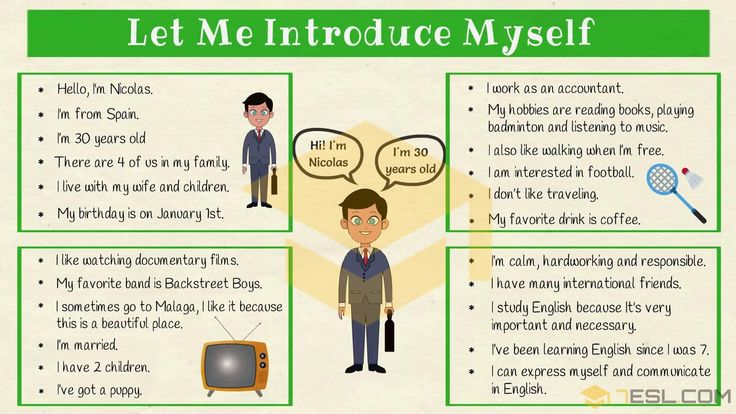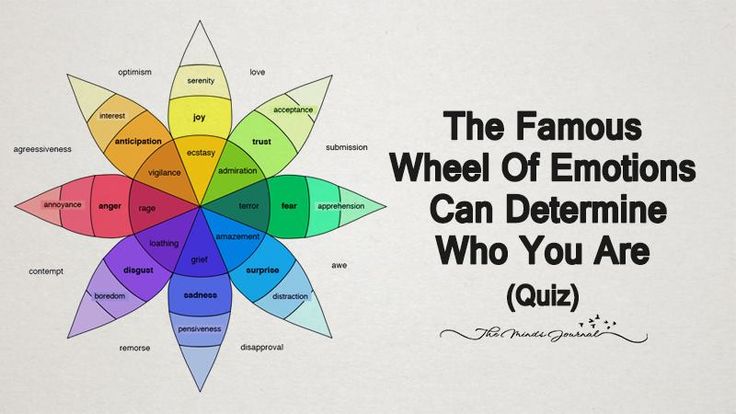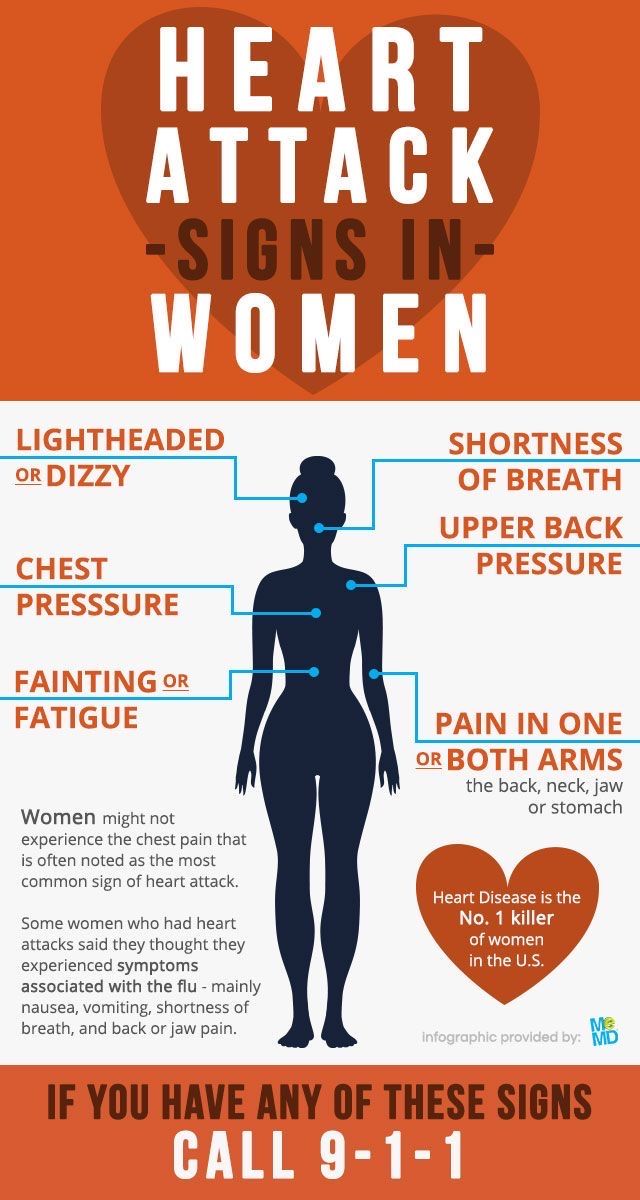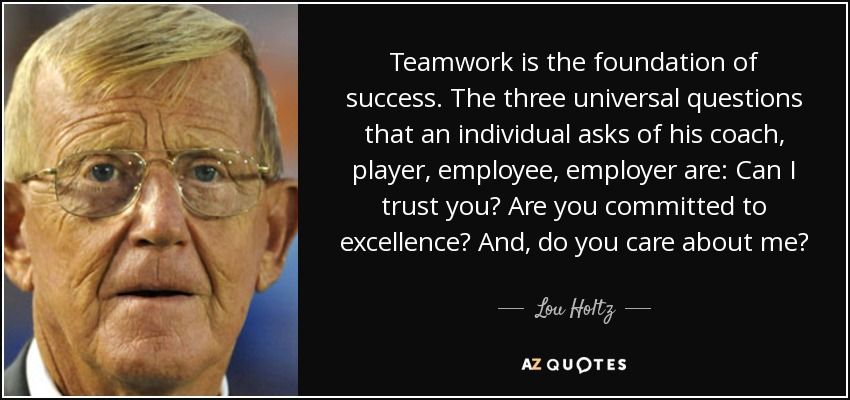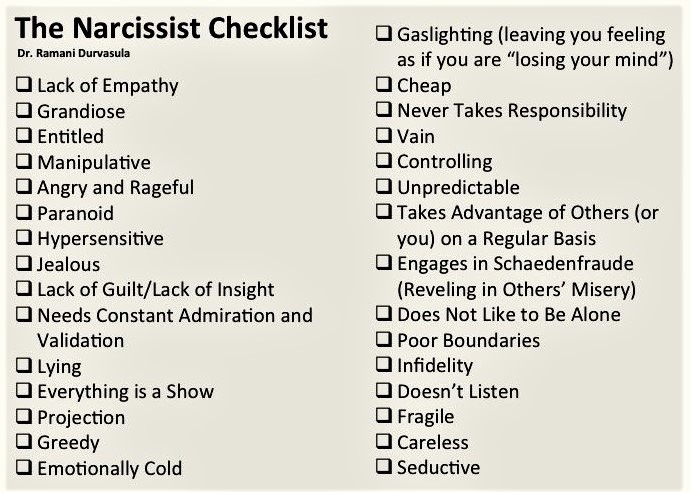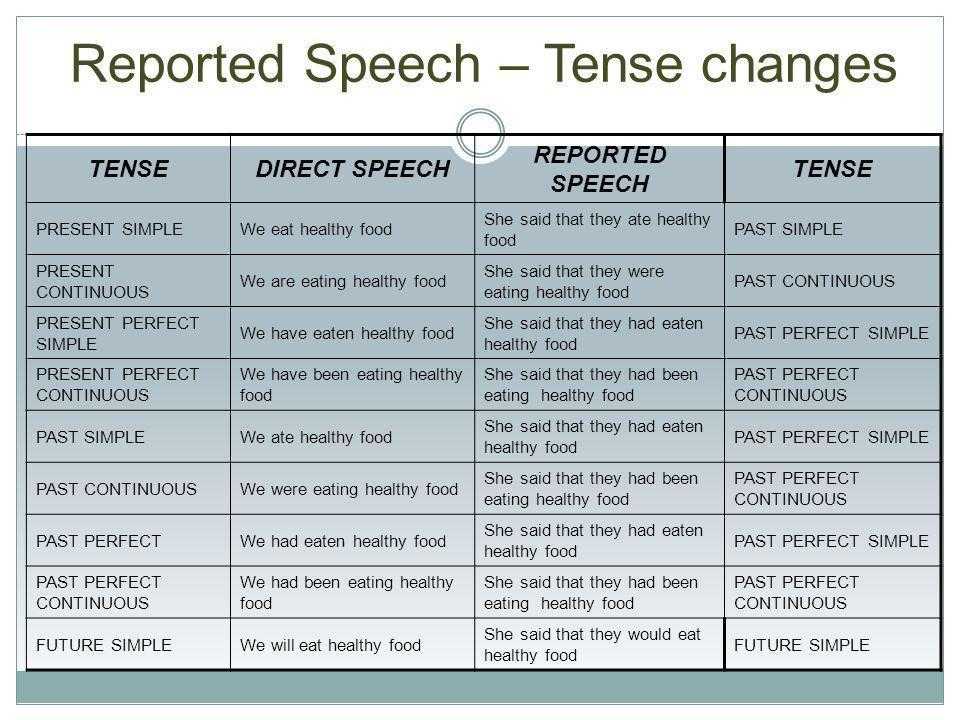Learning about yourself
How To Learn About Yourself
One of the hardest questions in life to answer is “What do you want to do?”
Especially when you have no idea what you want to do or you are going through a transition. I can’t tell you how many times I flubbed through that question.
It’s also tough to respond to that question even when you really do know what you want to do with your life but aren’t doing it yet because you don’t know how to make it happen.
It’s a very simple question, but yet it’s tough for many of us to answer. Ever wonder why?
I believe that question causes us so much agony because as a social species we don’t like disappointing other people. We want to feel accepted. We are hard-wired for it.
When you give someone an answer you think they want to hear, you might satisfy your feelings for social acceptance, but you still end up disappointing someone: yourself.
Quite a paradox, isn’t it?
You aren’t being honest with yourself because you didn’t give yourself permission to be your true self. Not a fun feeling.
You’ll never confidently answer that question until you make the time to start systematically learning about yourself.
Ready to start learning about yourself right now? Download a checklist of everything you need to learn about yourself.
But how do you even get started with something as broad as “learning about yourself”? As big a topic as it is, getting started with it doesn’t have to be hard.
If you’re feeling lost, this post will show you how to learn about yourself and why it’s so important to lifestyle design.
Designing Your Lifestyle: Step #1There are endless reasons why people want to transform their lives.
You might be motivated to get out of debt, become financially independent, gain more control over your life, spend more time with family, travel more, focus more on your passion or reduce your stress (like me).
Regardless of your motivation, I believe the process of transforming your life begins by making your work, work for you.
To understand how you want to work, you first need to learn about yourself. It’s the most important subject you never learned.
Most people attempt lifestyle design by modeling themselves after someone else. But to me, this seems completely backward. I believe lifestyle design is about accepting who you are and aligning your needs with your purpose, not copying some online guru or lifestyle design “expert.”
The more you learn about yourself, the better equipped you’ll be to design a lifestyle truly unique to your values, needs, abilities and motivations.
Especially if you are considering working for yourself, you need to get to know yourself first. I can’t tell you how many entrepreneurs build a business seeking more freedom, but end up completely miserable because they built a business out of alignment with their work needs.
Your life is a huge and vast subject. There’s lots to know. Here are the key “subjects” I believe you need to know to successfully design your lifestyle around more satisfying work.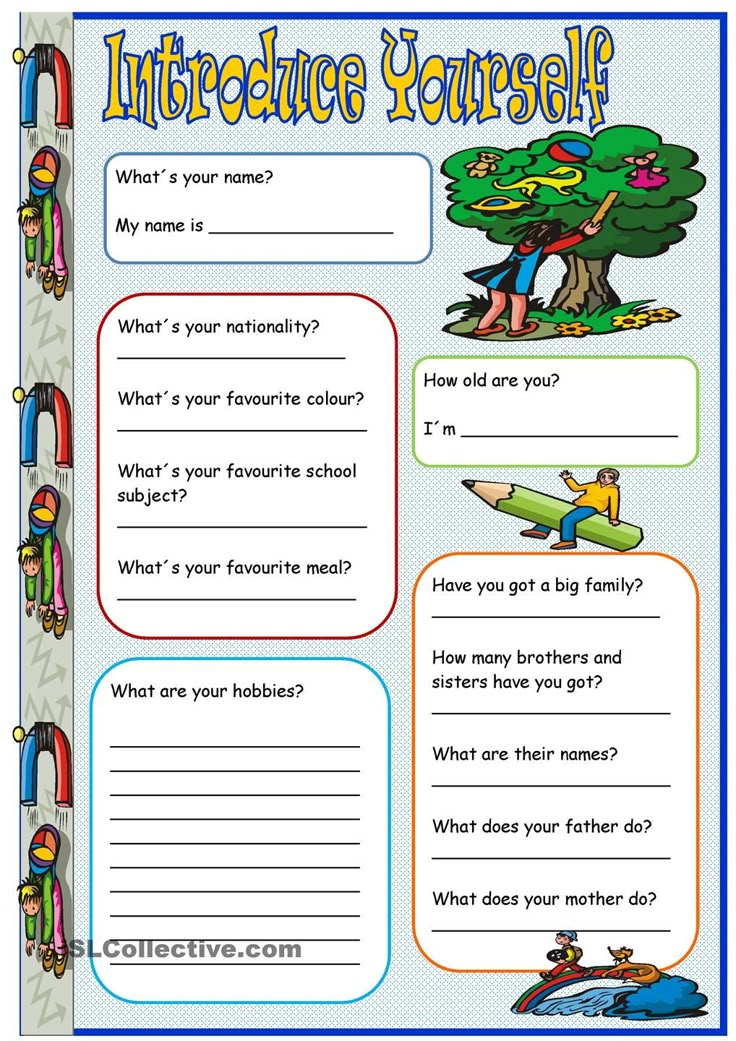
How would you like to work? What have you always wanted to do for work? Why do you work? I’m giving you permission to answer those questions as honestly as possible.
We’ve all been taught to work in a way that might not seem natural to us as individuals. I think many of us don’t like working because we don’t work in a way that makes sense to us.
For example, my peak performance period for work occurs around 7 am to 12 pm each day. I also prefer a mix of working on my own and collaborating with others a few times a week. I want the value of my work to be based on the quality of my output, not the amount of time I “put in” at the office.
Additionally, I need to spend at least an hour a day performing a physical activity outside like walking, yard work or paddle boarding to energize myself. I also want the freedom to decide how much time I spend with my family.
As you might imagine, I’m not cut out for the 9-to-5.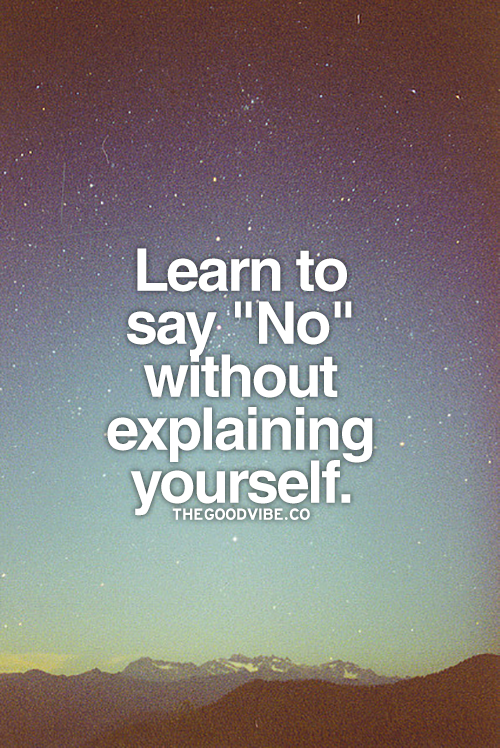 You might not be either, and it may be the cause of your stress.
You might not be either, and it may be the cause of your stress.
The needs I listed above are the ingredients that optimize my “personal productivity.” It’s not what makes everyone productive, but it’s what makes me productive. Most likely the ingredients for your personal productivity will be different from other people as well.
I wouldn’t be nearly as productive if I had to spend most of my energy trying to conform my work style with a one-size-fits-all standard. One of the most draining experiences of my life has been working out of alignment with my work needs.
Let me be clear: I enjoy working, but on my terms.
I once thought being more productive meant getting more done in less time. I thought managing my time more effectively was the key to my productivity. I now realize the key to my productivity is all about how I manage my limited energy.
One of the biggest boosts to my energy was making the decision to work in alignment with my needs. I may have 10 hours a day to work, but I now realize I only have 3 to 4 hours of energy to create high-quality work.
Believe it or not, I spend less time working now than I did in an office, yet I’m far more productive. I owe that to learning about what makes me personally productive.
What are your personal productivity needs?
2. Your “Why”Beyond money, why do you work? Of all the different options for work, why do you do the work you do?
If you want to design your life around the work you’ve always wanted to do, you have to be clear about your “Why”. Your purpose. The reason that motivates you to work every day.
If you aren’t quite sure what you want to do, ask yourself, “Why don’t I want to do the work I’m doing right now?” Which aspects do you enjoy and not enjoy? Why?
I have cultivated a habit of asking myself “why” about anything I’m about to do or I’m thinking about doing. It has been one of the easiest and most effective self-awareness habits for me to practice.
That simple question stops me in my tracks, so I can take a moment to make sure my decision is in alignment with my needs and my purpose.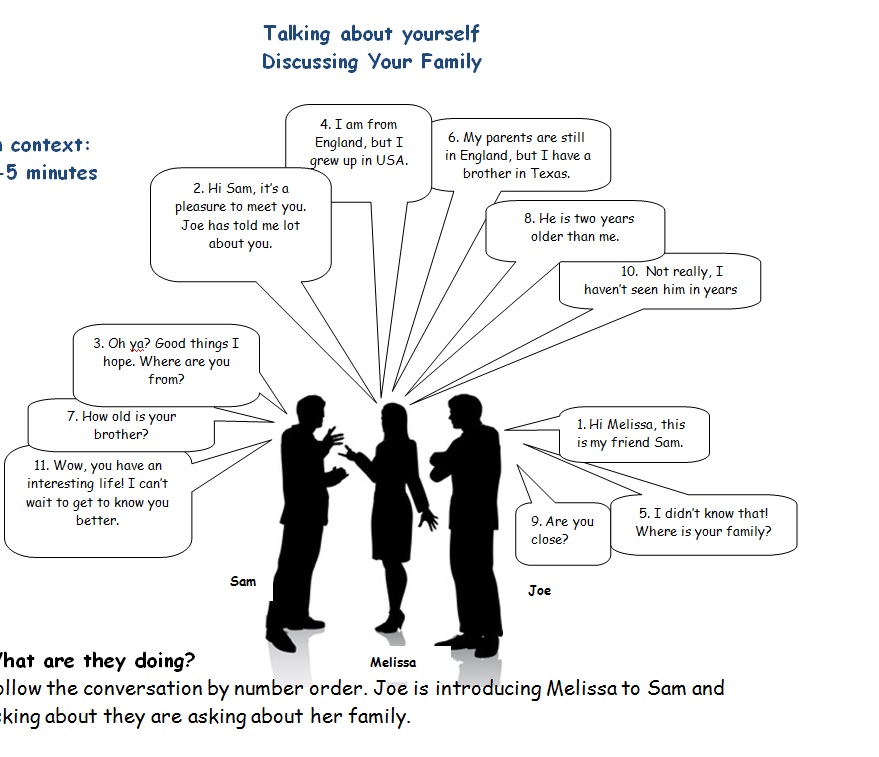 I can’t tell you how much time, energy and anxiety it has saved me.
I can’t tell you how much time, energy and anxiety it has saved me.
Once you nail down your “Why,” all your decisions and actions will flow from it to design your ideal lifestyle.
Do you know your “Why”?
3. Your ValuesWhat’s important to you? What kind of work are you willing to do or not do? Why?
I like to think of values as your personal code for guiding your actions and responses to any variety of circumstances. They provide a core set of parameters for how you will design your life and work going forward. They are the foundation of your personal productivity.
They provide the blueprint for living your “Why”.
One of my core values is valuing experiences over material possessions. When I’m about to buy a physical product, I always think about how it can either enhance my experiences or detract from them.
I also value simplicity. I’m not necessarily looking for the easy way out, but rather actions that make the best use of my time and energy.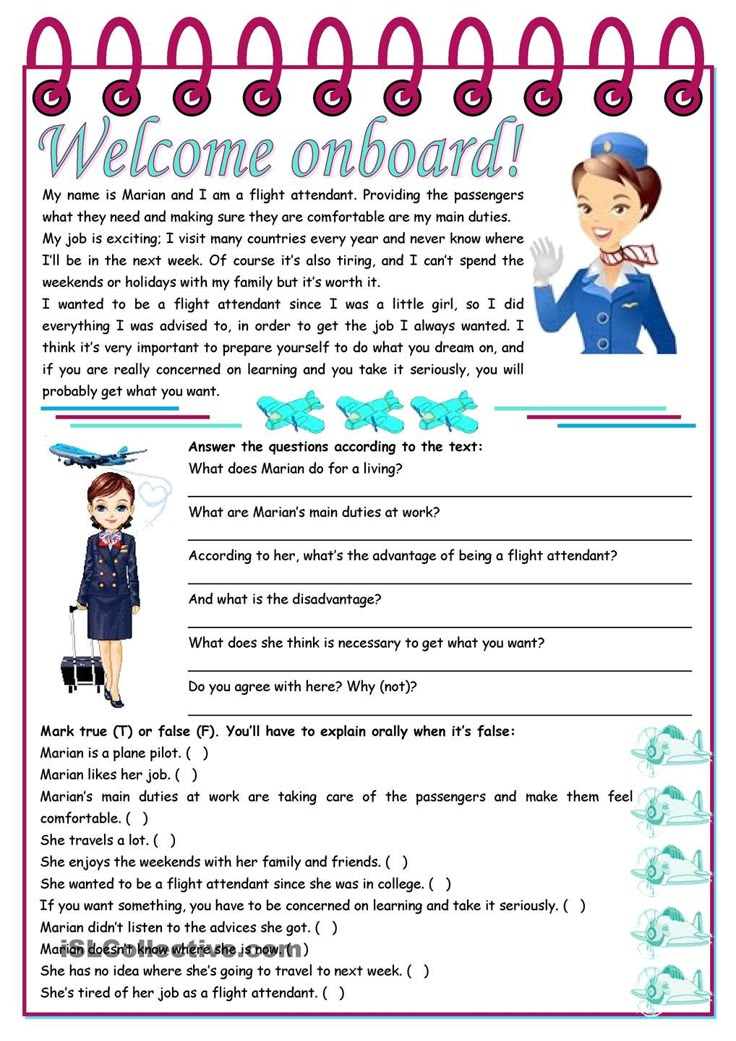 I am constantly seeking ways to reduce the number of decisions I need to make each day or the number of steps in a given process.
I am constantly seeking ways to reduce the number of decisions I need to make each day or the number of steps in a given process.
What are your core values?
4. Your MotivationsWhat gets you excited to take action without being coerced?
If you want to work for yourself, you need to clearly understand your sources of motivation. Is it money? Working with others? Spending more time with family? Competition? Helping others? Solving a big problem?
Your motivations are how you live your “Why” and act in alignment with your values.
Your motivations will be your new boss. You’ll also need to understand how to harness the power of your motivations to provide you with a sustainable source of energy as you design your ideal lifestyle.
I’m very frugal with my money. It’s one of my motivations. I recently decided to try out a co-working space to get more focused on using my “peak performance period” each morning (as described above). It’s $185 a month.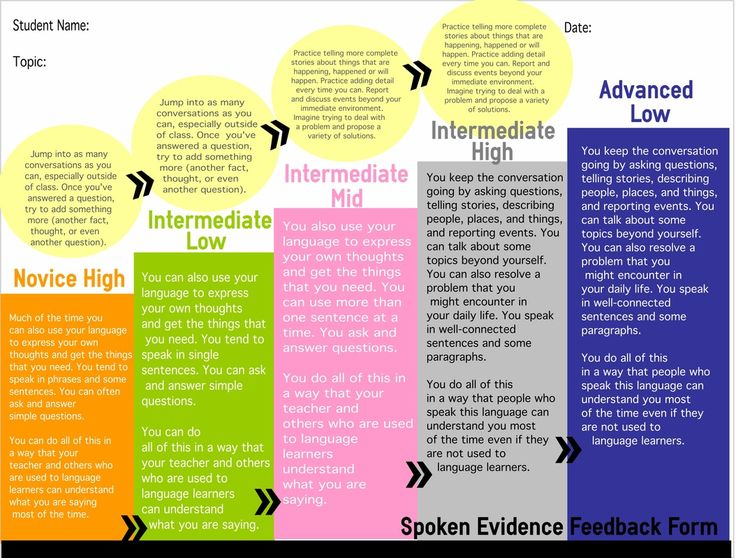 I know I will go there every day because I want to get my money’s worth!
I know I will go there every day because I want to get my money’s worth!
What are your motivations for work?
5. How You LearnLearning new skills doesn’t stop once you leave college or get a graduate degree. Learning doesn’t just take place in academic institutions.
You are going to constantly need to learn new skills if you want to work on your terms and thrive in our dynamically changing economy.
Many of us have a fear of learning because the way we were taught to learn in school was out of alignment with our personal learning style. We were never given a choice.
I don’t ever remember being encouraged to discover my style of learning. I was taught by listening to lectures, reading books and doing homework to practice the new concepts I learned in class. I was told how to learn.
I learned primarily by rote memorization. I was taught to be motivated by getting good grades, but as an adult, I have realized my natural motivation for learning is the opportunity to experiment and figure things out for myself.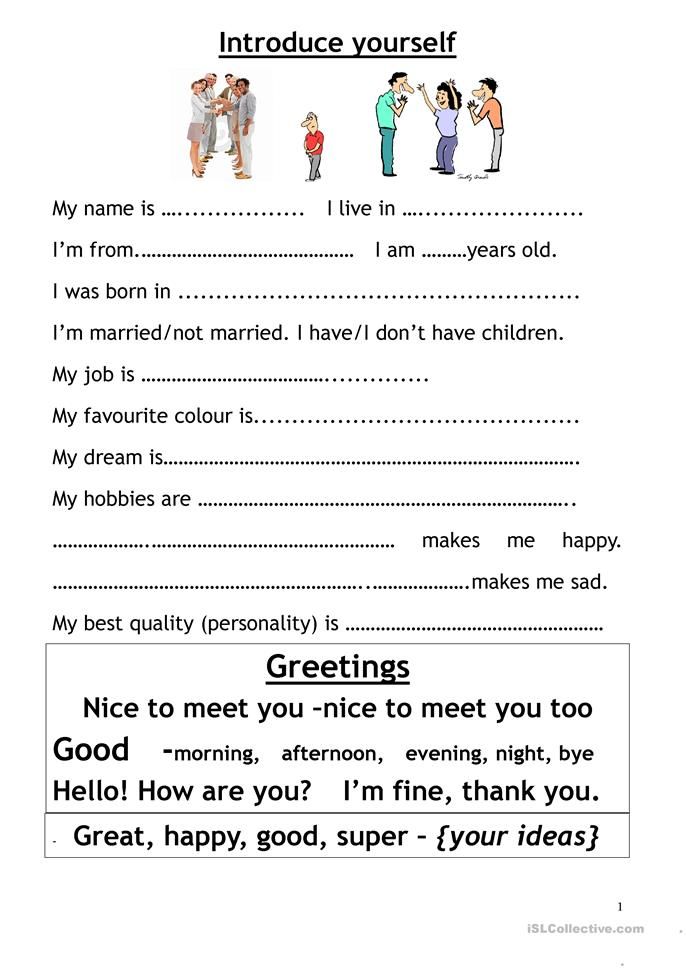
What motivates you to learn something new? Maybe you like to experiment like me and learn from your mistakes. Or maybe you have a totally different motivation.
Many people learn better in collaborative groups, so being forced to sit alone working on an assignment would be torture. Reading is a dreaded form of learning for some, so they prefer listening to audio lessons or lectures.
You might be a visual learner and need to see concepts drawn out and presented in different contexts.
Formal certification led by an instructor might be your thing to learn a new skill or maybe you are content watching a series of videos on YouTube at your own pace.
It doesn’t matter the method you choose, so long as it’s in line with your motivations and personal learning style.
How do you like to learn?
6. Your HabitsYour habits tell you everything about how you spend your time, money and energy. Your lifestyle is the sum of your habits. Therefore, it’s essential to build the right habits if you want to start working for yourself.
You need to start assessing your habits and decide which ones to eliminate, strengthen or change as you redesign your lifestyle. Habits are the engine of lifestyle transformation.
Weight loss, breaking an addiction or getting out of debt all start with changing habits. That’s it. Changing habits can be very challenging, but new habits can also make your life a lot easier when they finally take hold!
In terms of designing your lifestyle around your unique purpose, I recommend tracking the following habits: how you spend your money, how you spend your time, how you manage your personal energy and how you process your feelings.
Which of your existing habits will help you work on your terms?
7. Your Strengths and AbilitiesMost of us limit our capabilities to the list of skills and work experiences we have on our resumé. Designing your ideal lifestyle requires you to assess a much wider scope of your abilities in both your professional and personal lives.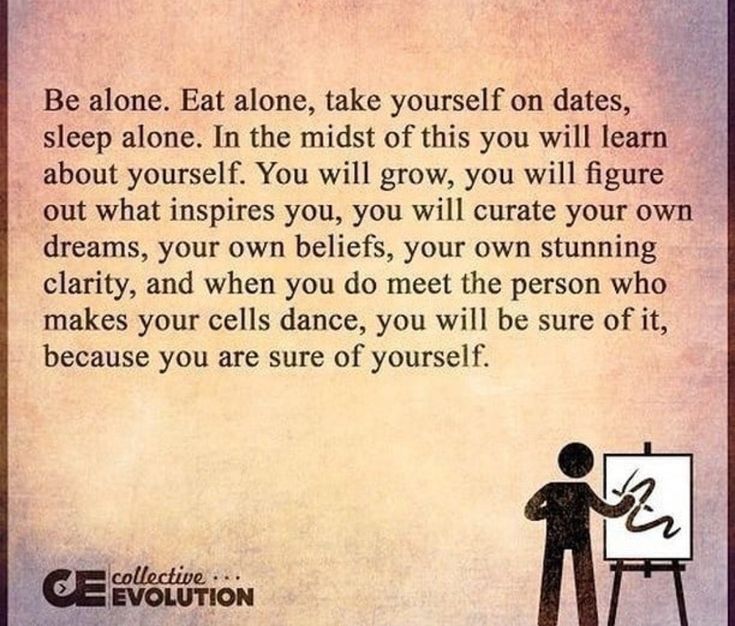
I define your abilities as your natural strengths, talents, marketable (hard) skills, people (soft) skills, life experiences, special work projects, hobbies and life skills.
What are your core strengths and abilities?
8. Your PersonalityI like to think of your personality as your natural tendency and preference for interacting with people and the world.
Understanding the quirks in your personality will help you better understand how you like to work and the type of people that best complement your personality type.
Consider taking a personality assessment if you have never taken one. There are several options, but the Myers-Briggs assessment is probably the most widely used (and easily available) standard.
My philosophy on self-assessments: use them as a guide for your self-awareness practice, but not as a fixed interpretation of who you are. Take them with a grain of salt.
How would you honestly assess your personality?
9.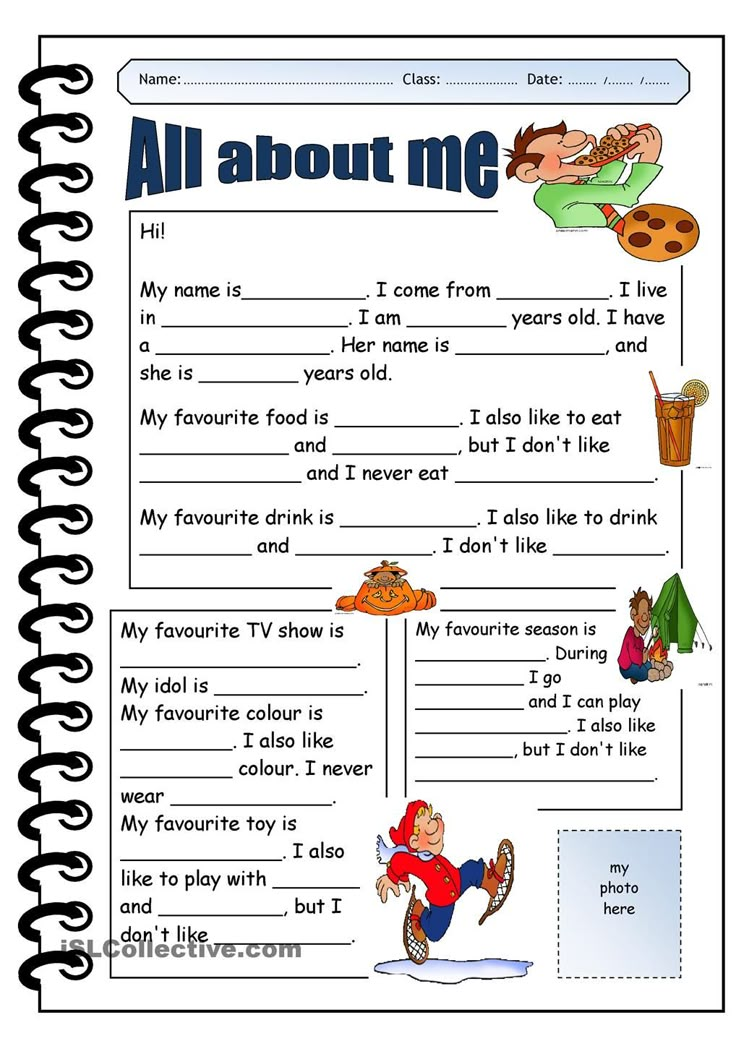 Your Emotional Intelligence
Your Emotional Intelligence There is a school of thought that believes your emotional intelligence may be a better predictor of success than your rational intelligence, your IQ.
Emotional Intelligence (EQ) is your ability to manage your emotions, how effectively you interact with other people, your capacity for empathy and how well you are able to focus. All crucial abilities to make your self-employed lifestyle sustainable.
You can start learning about your EQ by becoming more self-aware about how you react to people. This will give you a sense of how well you understand the needs of others and how to minimize explosive reactions.
Your ability to delay gratification is another area to consider monitoring to get a better sense of how well you can focus, cope and sustain your motivation.
How would you describe your EQ?
10. Your Self-ConfidenceI want to be completely honest with you: abandoning predefined paths like the 9-to-5 lifestyle to create your own path takes a TON of self-confidence.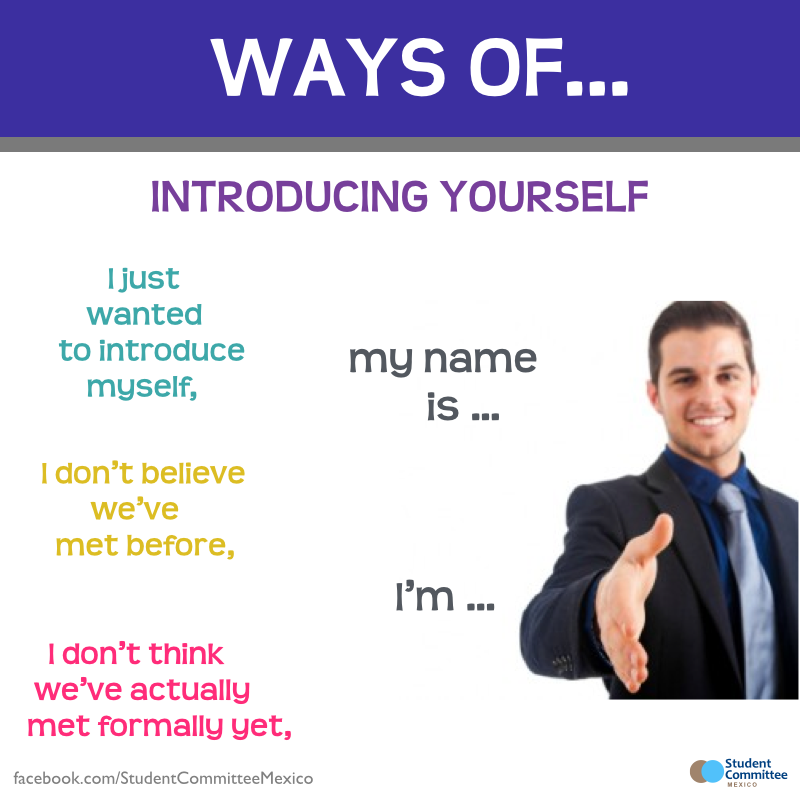
Don’t be delusional about your abilities by overestimating them because you didn’t take the time to evaluate them. On the other hand, don’t seek validation for each and every decision you have to make.
Self-confidence is a delicate balance. It’s about cultivating feelings of self-assurance. It’s having the courage to experiment and to learn from your mistakes when you fail.
You will also want to assess your sources of self-confidence when the going gets tough. Who can you call or what can you do to boost your confidence when it needs a lift? What gives you reassurance?
Your confidence helps you know both when to hold back and when to move forward on your terms.
What makes you feel self-confident?
11. Anything Holding You BackIf you want to completely transform your life, it’s time to deal with your issues. We all have them. Face your fears. Challenge your expectations.
Here are some of the things that might be (unknowingly) holding you back:
- Your fears
- Your cravings
- Your negative thoughts
- Your desires
- Your expectations
- Your risk tolerance
It’s time to unload your baggage.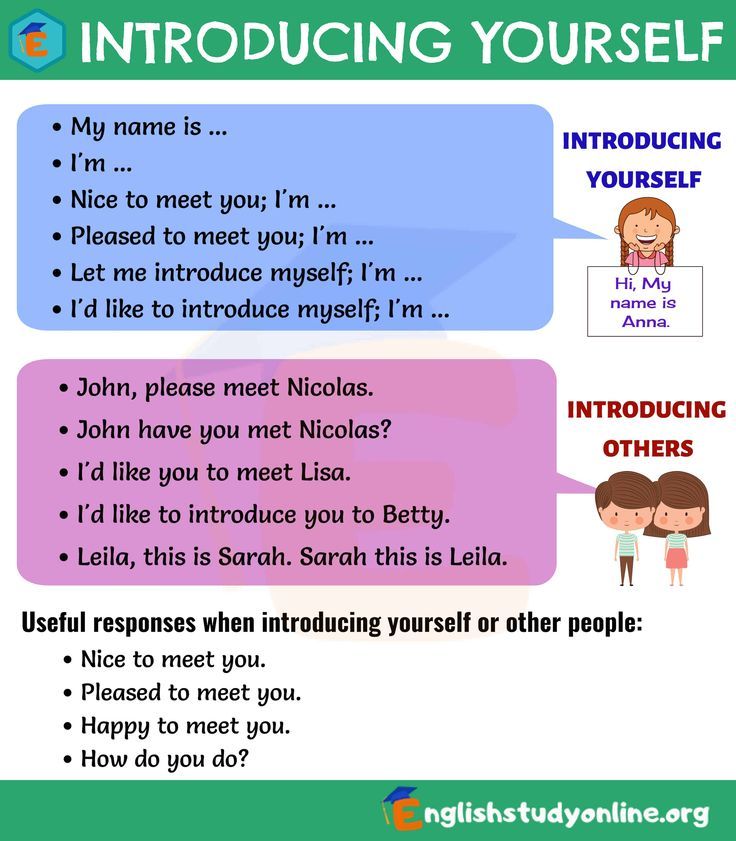 Make space for the big change you want in your life. It’s holding your back from what you’ve always wanted to do!
Make space for the big change you want in your life. It’s holding your back from what you’ve always wanted to do!
There are many different self-assessments you can take to learn more about yourself, but there are no formal assessments for many of the areas of your life I’m advising you to learn more about. So what’s the best way to learn about yourself?
Start a writing habit by tracking one or a handful of areas in your life. I interviewed 200+ people who successfully transformed their lives and asked each of them, “What was the most important habit that helped you make this transition?” Over half said it was a daily writing habit.
Some kept old fashioned written journals, some built lists in Evernote and others tracked their thoughts by keeping notes on their phones.
It didn’t matter what they wrote or how they did it. What mattered was the creation of a writing habit that worked for them (I keep a running note on my phone, a written journal and a spreadsheet).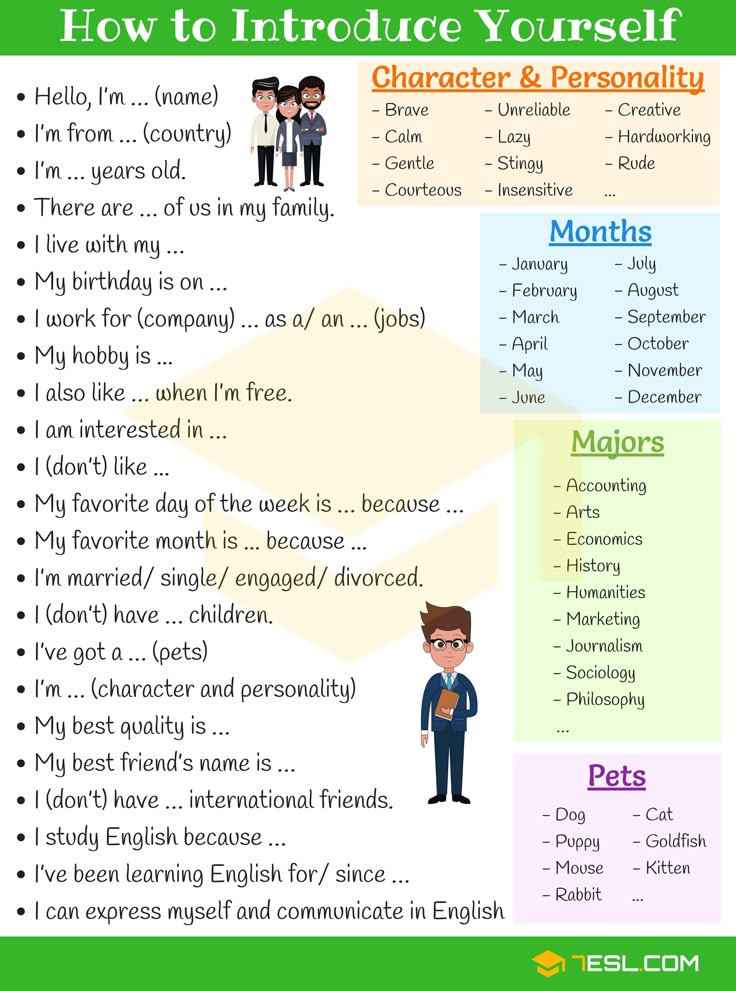
Start monitoring your feelings. Specifically your most positive and negative feelings each day. Look for patterns to discover new possibilities for your life.
Be a student of yourself. Start taking notes!
If you are interested, you can read my full self-assessment here.
Ready to Learn About Yourself?
To get you started, I designed a series of weekly self-assessment challenges. Each focuses on just one aspect of your life, like how you spend your money or how to discover your values.
These challenges force you to get out of your head and to take action. There is no better way to learn about yourself than by taking action!
Remember, you are the first resource for your business AND it’s biggest obstacle! The better you know yourself, the better decisions you’ll make for your business!
6 Steps to Discover Your True Self
To discover your true self is the most important skill you can possess. When you know who you are, you know what you need to do instead of looking for permission from others. It allows you to bypass tons of frustration caused by putting time into the wrong things. Yes, life is supposed to be full of trial and error, but this lets you find the best areas for you to experiment with. Once you know yourself, you will become more confident, you will understand your purpose, and you will begin making a bigger impact on the world.
It allows you to bypass tons of frustration caused by putting time into the wrong things. Yes, life is supposed to be full of trial and error, but this lets you find the best areas for you to experiment with. Once you know yourself, you will become more confident, you will understand your purpose, and you will begin making a bigger impact on the world.
So how can you know who you are and what you ought to do in life? Here are the six steps you need to take in order to know your true self:
1. Be quiet.
You cannot and will not be able to discover yourself until you take the time to be still. Many people don’t know themselves because any sort of silence scares them; it’s too uncomfortable to be alone with every flaw staring back at them. But it isn’t until you get alone, evaluate yourself and are completely truthful with yourself that you will actually be able to see every facet of your life—the good and the bad. Be quiet and discover your true self.
2. Realize who you truly are, not who you want to be.
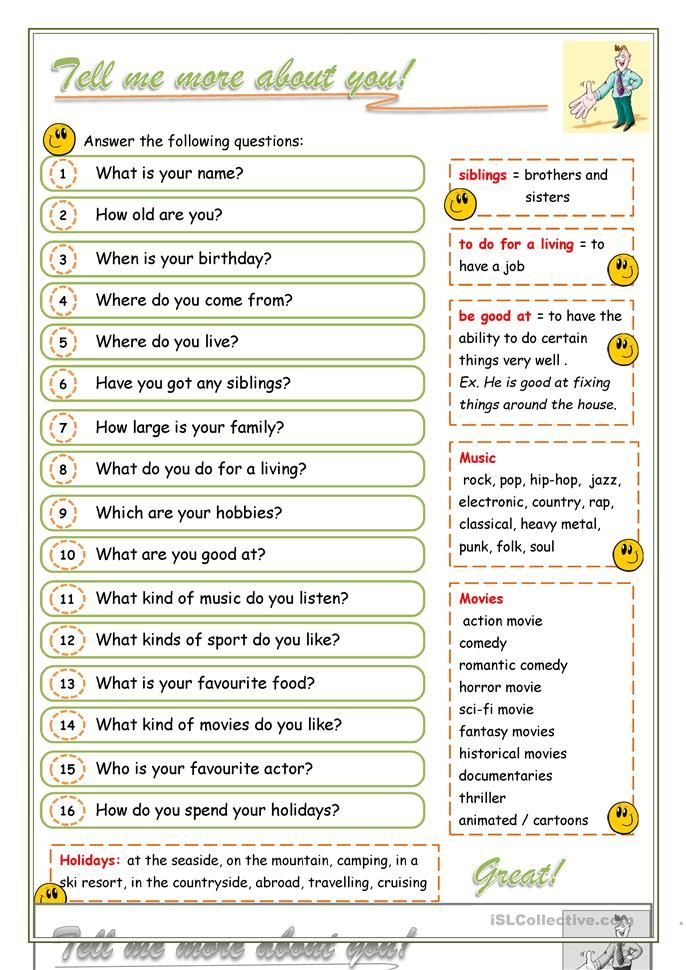
I know you already have a set idea of who you desperately want to be, but it might not be who you were designed to be. When you know who you are, you will finally see where you and your specific gifts fit into the bigger picture.
And although there are many points along your journey to help you discover yourself, the best way to begin is to take a personality test and the StrengthsFinder test. (If it’s been five or more years since you’ve completed either of these, take them again.) No, these self-evaluations aren’t perfect, but they do pinpoint your top areas of strengths, so you can focus on the change you were meant to bring into the world.
3. Find what you are good at (and not good at).
This might be the most difficult step in discovering who you truly are, but it’s a necessary one. Sure, it takes trial and error to find what you’re good at, and no, I don’t want you to give up before you’ve had more than enough attempts, but knowing when to quit is a gift that everyone needs to learn.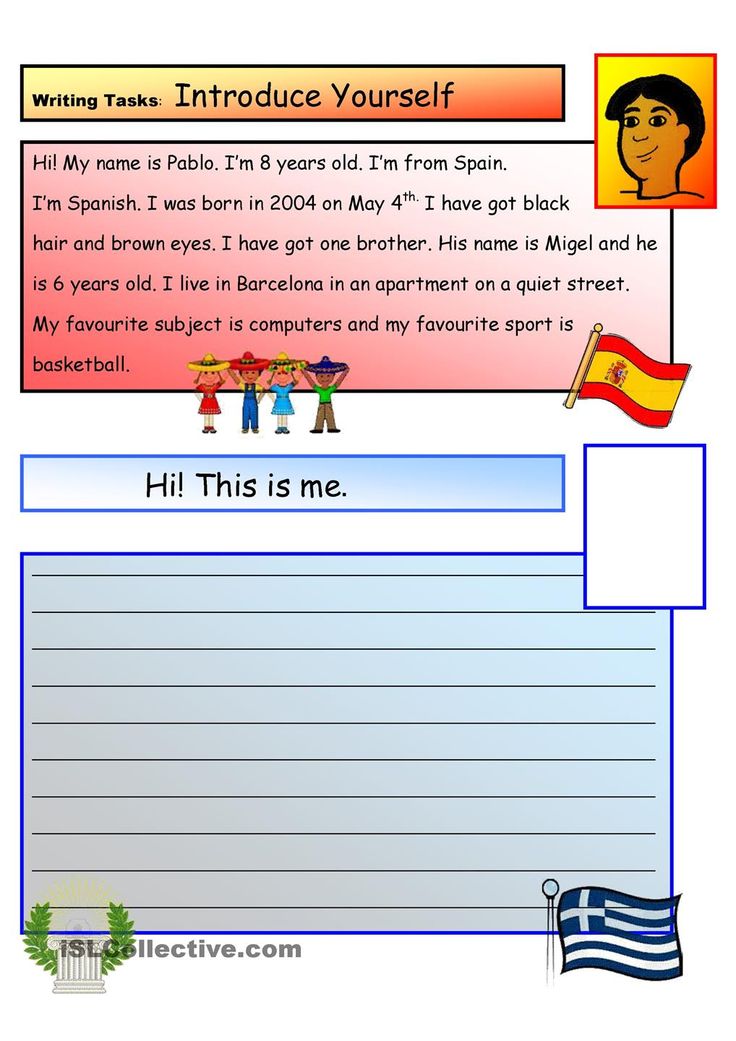
Quit when you’ve put in ample time and your efforts aren’t giving back. What is ample time? Only you can decide that. But when you quit correctly, it isn’t giving up, it’s making room for something better. When your actions do nothing but drain you—rather than produce more passion and increase your drive to do more—that’s a good sign it is time to focus elsewhere. Your strengths will show you who you are.
4. Find what you are passionate about.
Following passion of any kind is a good thing, and you need to pay attention when it comes because it shows an area of life that you need to pay more attention to. If we’re talking about following your passion in work, it’s a good thing. And if we’re talking about having more passion for life, it’s a good thing. Focus more on passion; understand yourself in better ways, and you’ll make a bigger impact. Passion produces effort and continuous effort produces results, which produces a deeper discovery of your true self.
5.
 Ask for feedback.
Ask for feedback.If you don’t know yourself, hearing what others have to say about you is a helpful practice. Ask them two simple questions: “What strengths do you think I need to develop further?” and “What weaknesses do you think I need to work on?” Of course, their opinion isn’t going to be perfect, but their feedback will probably indicate a few areas you should at least take a second look at. This step is especially important for those who are stuck in finding themselves. Sometimes those closest to us can see something we might not be able to see in ourselves.
6. Assess your relationships.
A large aspect of discovering yourself can be found in your relationships. When you realize you’ll never truly know anyone else until you discover yourself, the importance of knowing yourself becomes even more apparent. This truth especially rings true for business leaders, because if you don’t know the people on your team, then you will be lost as a leader. But this rule also applies to any relationship in your life.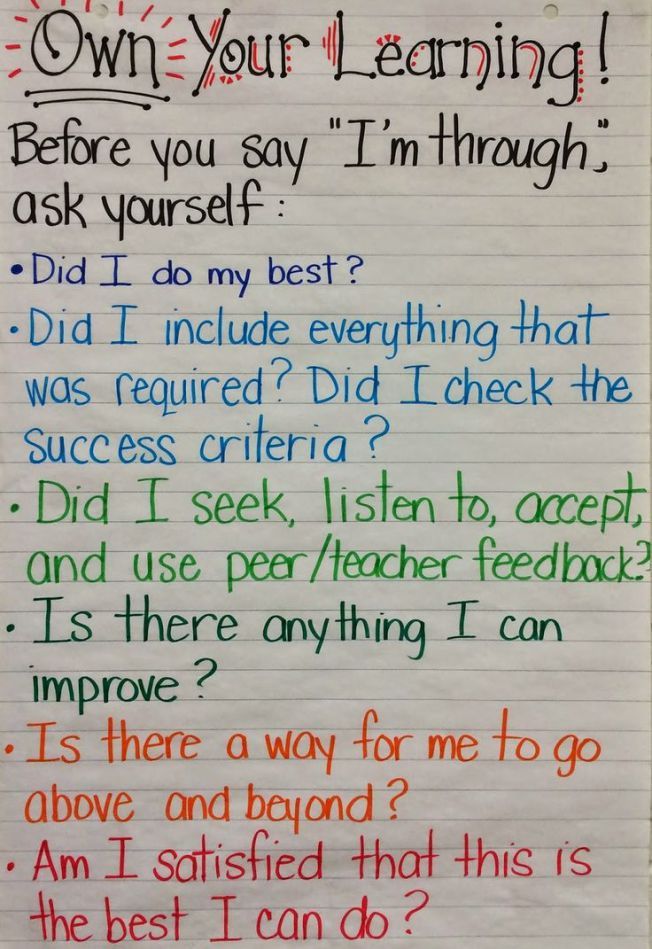 Almost as much as you need to know yourself, other people also need to know who you are. People need you—the real you.
Almost as much as you need to know yourself, other people also need to know who you are. People need you—the real you.
Use your reflections to fight your biggest fears, because when you understand who you are, your purpose will finally become bigger than your fears. When you realize who you are, you will spend less time spinning your wheels. Focusing on your strengths gives you the needed traction to make a bigger and better difference in the world. When you know yourself, you will find more peace, and you will find success quicker than ever before.
Now go take action and find your true self, starting today.
Photo by @the_brookedavis/Twenty20
Adam Smith
Articles
Adam Smith is the author of the book, The Bravest You. He is an entrepreneur, consultant, and speaker. You can find out more about Adam at asmithblog.com.
10 psychological tests that will help you get to know yourself better
March 12, 2021Education
Questionnaires to test intelligence, anxiety levels, conflict levels and more.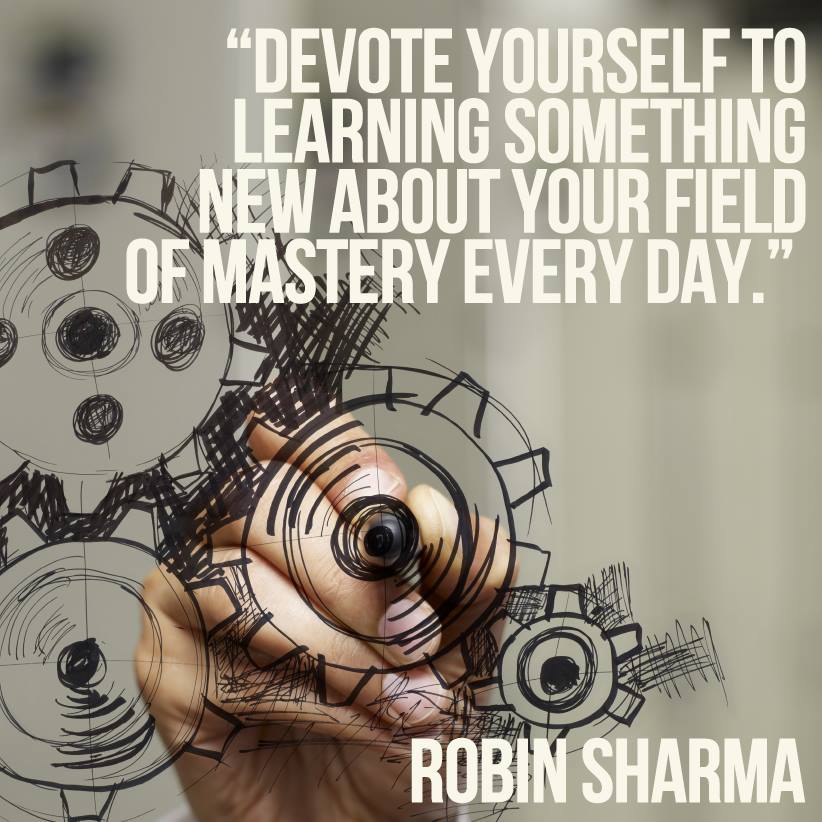
Share
01. Raven IQ test
This test will help you determine how smart, quick-witted and logical you are. It consists of 60 tasks, the complexity of which gradually increases.
Each question is a picture with symbols or shapes connected to each other. Your task is to understand how they are located, and then insert the missing element into the image.
Pass the test →
2. SMIL test
This questionnaire will be useful to make your comprehensive psychological portrait. You will be able to find out the type of personality, dominant character traits, communication style, propensity to take risks, level of self-esteem ... And that's not all!
True, to get the coveted result, you have to work hard: the full version of the test consists of 567 statements. You will have to choose whether you agree with them or not. But there is also an abbreviated version for express diagnostics of 65 questions.
Take the full test →
Take the short test →
3.
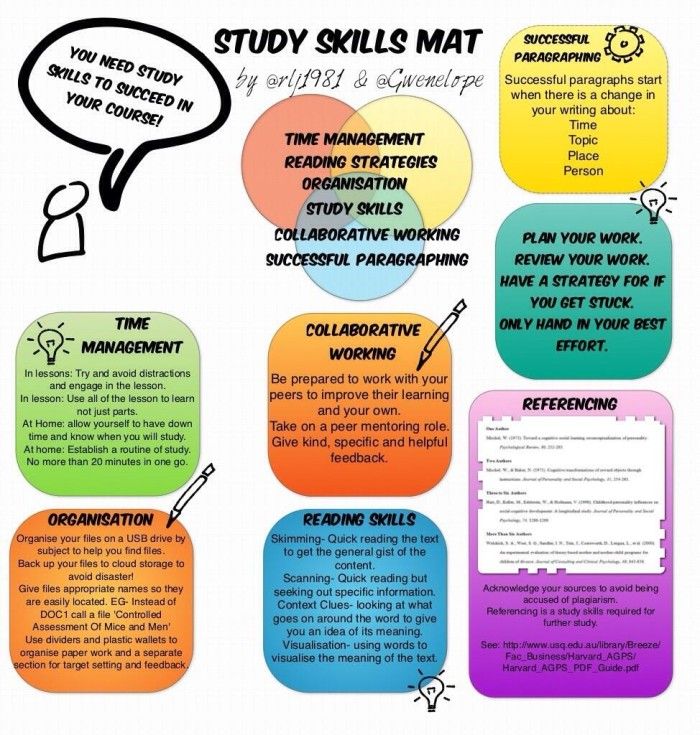 Thomas-Kilmann test
Thomas-Kilmann test Find out how prone you are to conflict and how you behave when things get heated. Check which style of disagreement resolution suits you best: confrontation, compromise, or silence.
The questionnaire consists of 30 pairs of statements. In each question, you will need to choose the answer that most accurately characterizes your behavior.
Take the test →
4. Test "House, tree, person"
Drawings of a person can tell a lot about his inner world. Check it out for yourself: draw a house, a tree and a person on paper, and then find out what it all means.
After interpreting the results, you will receive information about what lies in your subconscious, how comfortable you feel in society, what worries you and other interesting data.
Take the test →
5. Interpersonal Relationship Questionnaire
This test will help you determine your level of socialization. Check how easy it is for you to get close to people, how much they influence you, and how great your need for communication and attention is in general.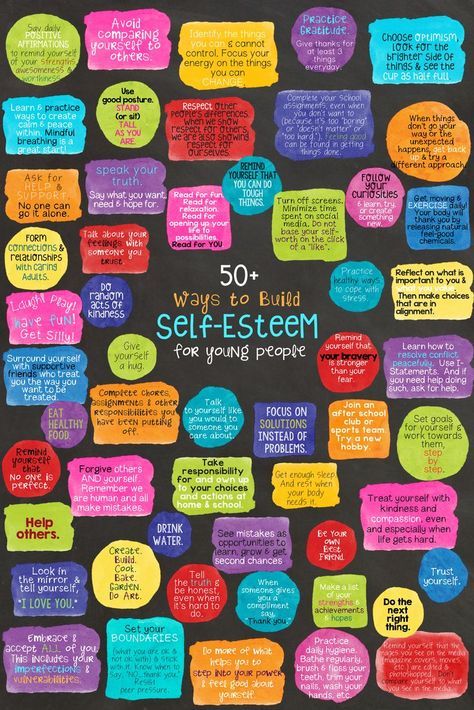
Be as honest as possible when taking the test. Answer the way you really think, not the way others expect you to. Then the results will be more reliable.
Pass the test →
6. Activity style questionnaire
Activity style is the means and techniques by which a person achieves the set results. Answer questions about your temperament, character and interests, and then find out if you are an activist, thinker, theorist or pragmatist.
After passing the test, you will receive a detailed description of your type, and also find out what can reduce and increase your effectiveness in achieving your goals.
Take the Test →
7. Taylor Anxiety Scale
Sometimes healthy anxiety can be helpful. It helps to be more attentive and more careful in unforeseen situations. But if anxiety arises for no reason and exceeds reasonable limits, it greatly complicates life. The test will help you find out if you are prone to this disorder.
Take the test →
8.
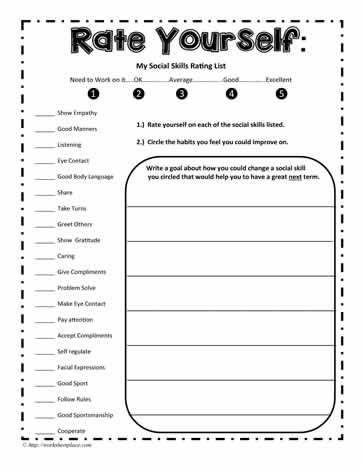 Boyko's test for diagnosing burnout
Boyko's test for diagnosing burnout Fatigue, irritability, poor sleep and inability to concentrate on the task at hand are true companions of emotional burnout. If you find yourself experiencing at least some of these symptoms, take the test and see if it's time for you to take a vacation and have a good rest.
Take the test →
9. Test of meaningful life orientations
This short survey will help determine the overall level of meaningfulness in your life. It will show how productive, rational and eventful the already lived part of it is, and will also make it clear what are your chances for a happy bright future.
Take the test →
10. Diagnosis of irrational attitudes
Each of us from childhood has certain attitudes that sometimes prevent us from adequately perceiving reality. With this test, you can find out what negative biases you have, how they affect your worldview and what to do to get rid of them.
Take the test →
0085
A test that will help you learn a lot about yourself
Do you want to understand your feelings? Then this psychological test is for you.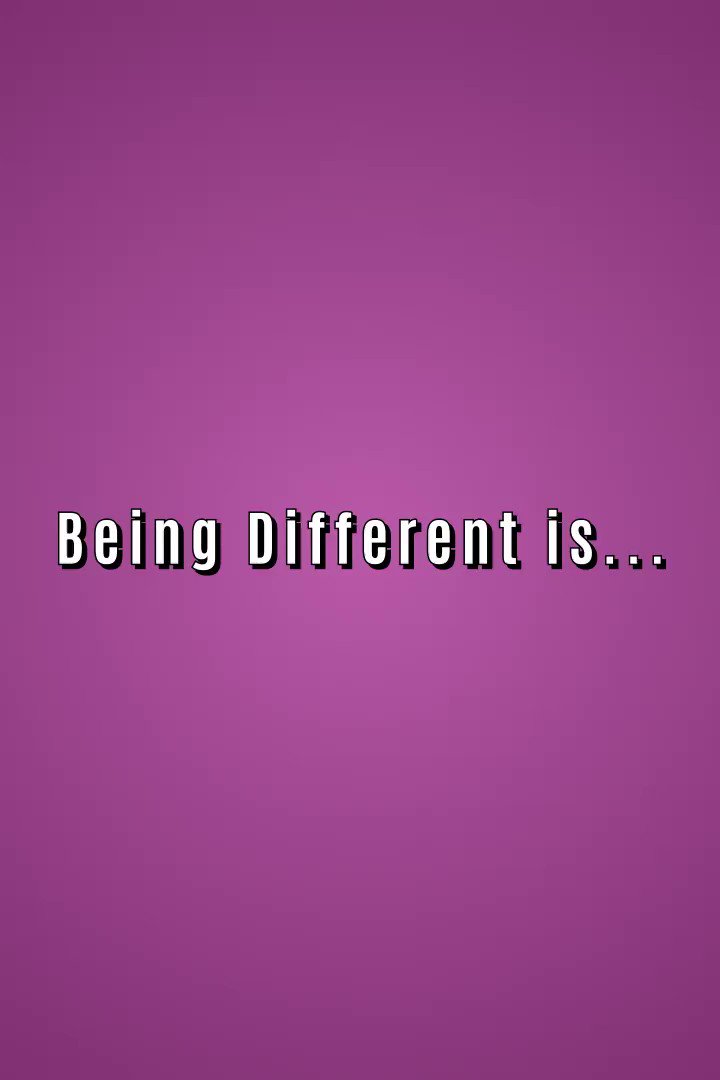
Choose without thinking the image of the eye that you like the most. Ready?
Then read the whole truth about yourself.
1. Trusting person
The type of person who lets almost anyone into his life and heart. You think it's better to risk and get hurt than to close yourself off from people. You don't show your fears and insecurities to anyone. You think that you should solve your own problems. You try to give everything of yourself to people, even if cats scratch at your heart. By helping others, you heal your wounds.
2. Pedantic personality
The type of person who is always trying to make a good impression and do the right thing. You believe that your actions matter in the lives of others. You do not show people your excitement and that you are upset. You try to be better, because it is the least you can do with your time on this planet.
3. Sacrificial personality
You try to find your peace wherever possible.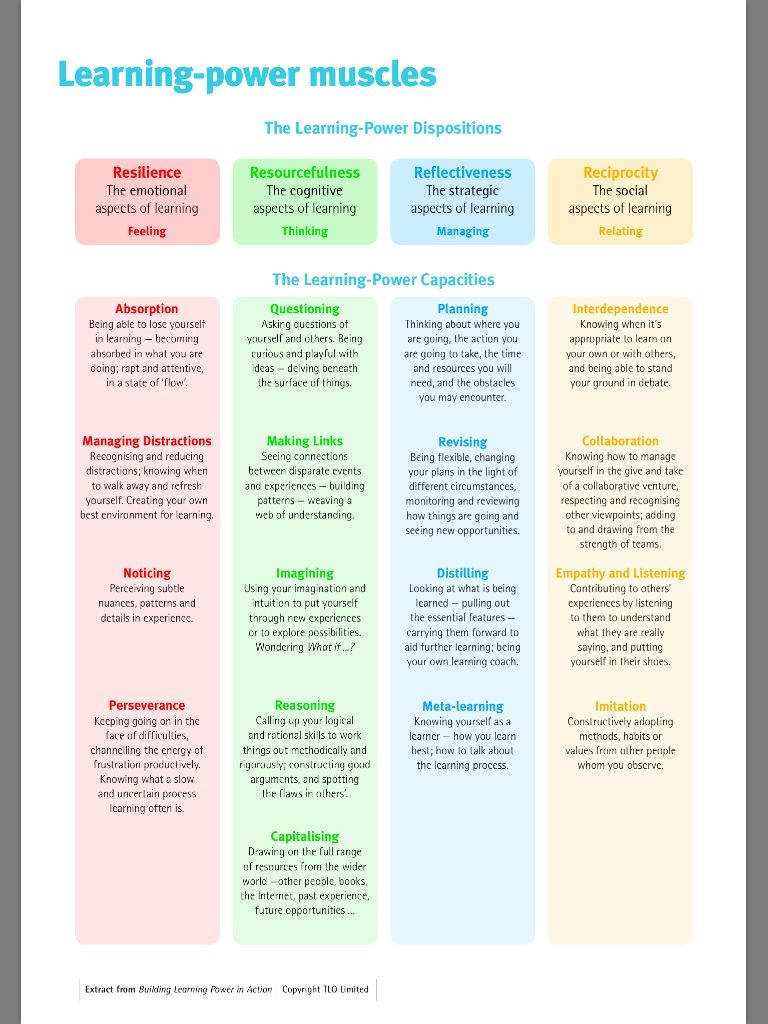 Looking for your place in this confusing world. You don't show people your dark thoughts. You've been through a lot. It can be said that you are a master of “picking up” yourself after a fall.
Looking for your place in this confusing world. You don't show people your dark thoughts. You've been through a lot. It can be said that you are a master of “picking up” yourself after a fall.
4. Thinking personality
You are one of those people who like to think things over. You love to find the deep and hidden meaning of things. You, at times, are very much immersed in your thoughts that sometimes it is difficult for you to return back. You don't show others how insecure you are about everything. You can definitely understand something, but still remain uncertain about it. You imagine life as a puzzle, and you will not play enough until you put all the pieces together.
5. Mysterious person
You are a mystery even to yourself… Good luck to those who try to understand you. You are like a web of contradictions, easily changing your mood. As soon as you find yourself, you immediately change and start your search again.